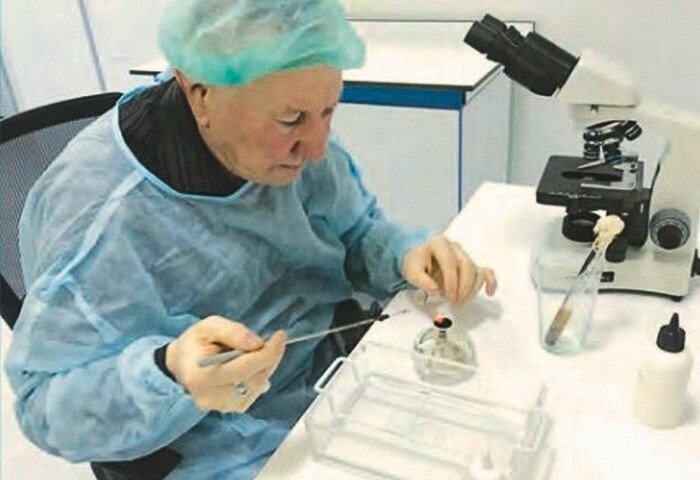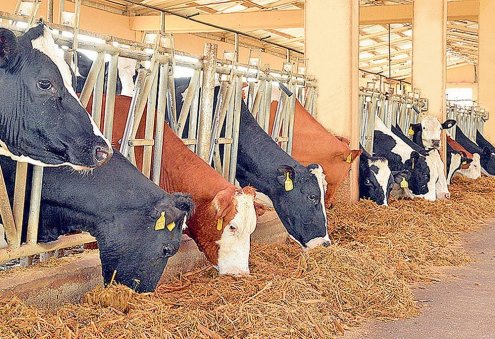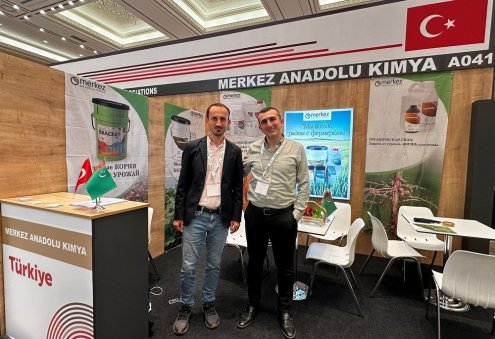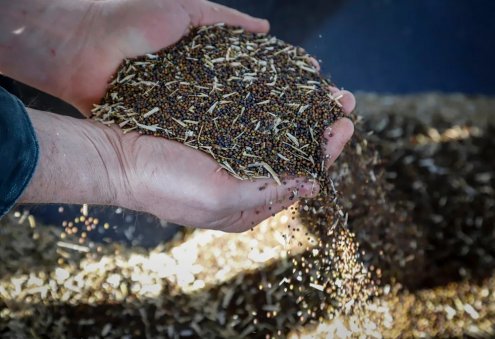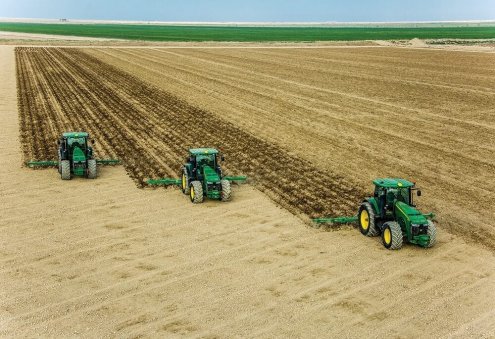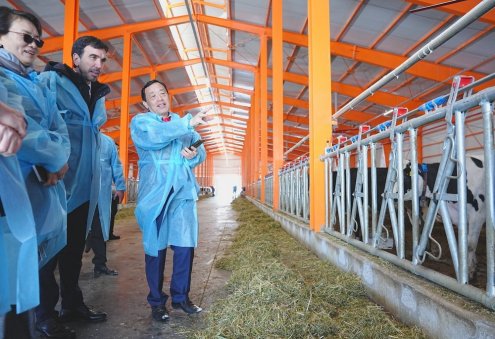Hudayberdi Muhammedov, a microbiologist at the Technology Center of the Academy of Sciences in Turkmenistan, has pioneered a mineral fertilizer designed to optimize water usage and enhance agricultural output in the country. The fertilizer boasts multiple advantages, including water conservation, soil composition enhancement, rapid cost recovery, and improved product quality, the Neutral Turkmenistan newspaper reported on Saturday.
In a comparative study conducted in the Goktepe district of the Ahal province, owned by the Sahabatly business company, two land plots were selected. Zeolite, applied at a rate of 500 kg per hectare along with grain seeds, was used in the experimental area. The fertilizer operates on the principle of utilizing four types of saprophytic bacteria, encompassing nitrogen-forming, salt-tolerant, and lacto bacteria.
Under identical conditions for applying mineral and organic fertilizers, as well as maintaining the same irrigation moisture level, the wheat harvest at the research site surpassed the traditional cultivation method by 950 kilograms.
The quality of the harvested grain underwent laboratory testing with the participation of specialists from the Ministry of Agriculture of Turkmenistan. The results indicated that the resulting flour could be classified as first grade, and it is anticipated that the yield increase could reach up to 20 percent per hectare.
As reported, the success of Muhammedov's productivity-enhancing technology has attracted interest from Qatar, where plans are underway to test this innovative method.
Muhammedov's second invention involves a dietary supplement for poultry feed, aiming to boost productivity and disease resistance. The supplement, incorporating algae, zeolite, activated carbon, and other components, is developed with the contribution of red Californian worms, addressing nutrient deficiencies and restoring the microflora of birds.
The locally sourced, high-tech product has garnered interest from both domestic agricultural producers and the international market.

